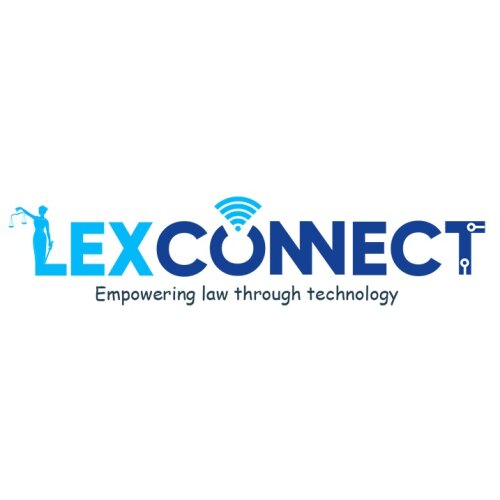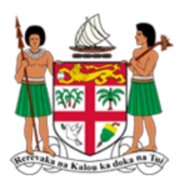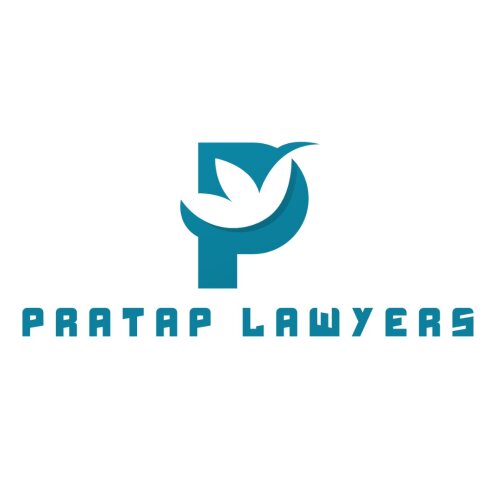Best Antitrust Lawyers in Fiji
Share your needs with us, get contacted by law firms.
Free. Takes 2 min.
Or refine your search by selecting a city:
List of the best lawyers in Fiji
About Antitrust Law in Fiji
Antitrust Law, which is also often referred to as competition law, encompasses regulations that are designed to promote fair competition and to prevent anti-competitive behaviors within the market. In Fiji, the primary legislation governing antitrust issues is the Commerce Commission Decree 2010 and the Fijian Competition and Consumer Commission Act 2017. These laws aim to curb monopolistic practices, control mergers that could lead to reduced competition, prevent price fixing, and tackle other activities that could unfairly limit competition. The Fijian Competition and Consumer Commission (FCCC) serves as the regulatory authority responsible for enforcing antitrust legislation.
Why You May Need a Lawyer
Legal assistance in the field of antitrust may be necessary in several situations. Business owners might need a lawyer when planning a merger or acquisition to ensure compliance with antitrust laws. Companies may also require legal counsel if they face accusations of anti-competitive behavior like price-fixing or market sharing. Additionally, if a business believes that its competitors are engaging in unfair practices that violate competition law, it may seek legal representation to address the matter. Lawyers with expertise in Fijian antitrust law can provide comprehensive guidance through these complex issues.
Local Laws Overview
The Commerce Commission Decree 2010 and the Fijian Competition and Consumer Commission Act 2017 are the pivotal legal frameworks regulating antitrust issues in Fiji. These laws aim to:
- Encourage efficiency, competitiveness, and consumer welfare.
- Regulate prices in markets where competition is less than effective.
- Monitor and control monopolistic and anti-competitive behavior.
- Authorize and oversee mergers and acquisitions to prevent reduced competition.
Frequently Asked Questions
What constitutes anti-competitive behavior in Fiji?
Anti-competitive behavior in Fiji includes practices like price-fixing, market allocation, bid-rigging, and imposing unfair trading conditions that significantly prevent, restrict, or distort competition.
Can I report suspected anti-competitive behavior to the authorities in Fiji?
Yes, if you suspect any form of anti-competitive activities, you can report these to the FCCC which is responsible for investigating and addressing such concerns.
Are there any exemptions to antitrust laws in Fiji?
Some activities may be exempt from antitrust laws if they contribute to improving production or distribution, promote technical or economic progress, or if they are deemed necessary to protect public interest in Fiji. These are assessed on a case-by-case basis.
What penalties can companies face for violating antitrust laws in Fiji?
Companies that violate antitrust laws in Fiji may face significant fines, legal remedies like divestitures or restructuring, and in certain cases, their executives may face imprisonment.
Is it mandatory to notify FCCC about a merger or an acquisition?
Depending on the size and impact of the merger or acquisition, it may be mandatory to notify FCCC. Failure to do so could result in the transaction being deemed void or attracting penalties.
What is the threshold for compulsory merger notification in Fiji?
The specific turnover and asset thresholds that trigger compulsory merger notification are subject to change and should be confirmed with the FCCC to ensure compliance with the current regulations.
Can consumers also seek legal advice on antitrust matters?
Yes, consumers can seek legal advice if they are affected by anti-competitive practices or want to understand how antitrust laws protect their interests in Fiji.
How long do antitrust investigations take in Fiji?
The duration of antitrust investigations can vary based on the complexity of the case and the responsiveness of the involved parties. The FCCC endeavors to conduct investigations as efficiently as possible.
Are there any international antitrust laws that apply in Fiji?
Fiji may be subject to certain international antitrust treaties and agreements which align with its own legislation and can affect businesses operating both domestically and internationally.
How can individuals or businesses comply with antitrust laws in Fiji?
Compliance can be maintained by seeking legal advice, regularly reviewing business practices, providing compliance training to staff, and staying updated on legal changes and FCCC guidelines.
Additional Resources
Individuals and businesses can use the following resources for more information on antitrust law in Fiji:
- The official website of the Fijian Competition and Consumer Commission (FCCC) for policy documents, guidelines, and enforcement actions.
- Local legal firms specializing in commercial and corporate law for personalized legal advice.
- Business advisories and consultancy firms for merger and acquisition compliance assistance.
- Publications and reports on antitrust trends and cases in Fiji and the Pacific region.
Next Steps
If you require legal assistance in antitrust matters, it is recommended to:
- Contact a reputable lawyer or legal firm with experience in Fijian antitrust law.
- Collect and organize any relevant documents or evidence pertaining to your case.
- If you are a business, perform an internal review of your business practices to identify any potential compliance issues before seeking legal advice.
- Report any suspicions of anti-competitive behavior to the FCCC.
- Engage with your lawyer to discuss your options and the most effective course of action
Lawzana helps you find the best lawyers and law firms in Fiji through a curated and pre-screened list of qualified legal professionals. Our platform offers rankings and detailed profiles of attorneys and law firms, allowing you to compare based on practice areas, including Antitrust, experience, and client feedback.
Each profile includes a description of the firm's areas of practice, client reviews, team members and partners, year of establishment, spoken languages, office locations, contact information, social media presence, and any published articles or resources. Most firms on our platform speak English and are experienced in both local and international legal matters.
Get a quote from top-rated law firms in Fiji — quickly, securely, and without unnecessary hassle.
Disclaimer:
The information provided on this page is for general informational purposes only and does not constitute legal advice. While we strive to ensure the accuracy and relevance of the content, legal information may change over time, and interpretations of the law can vary. You should always consult with a qualified legal professional for advice specific to your situation.
We disclaim all liability for actions taken or not taken based on the content of this page. If you believe any information is incorrect or outdated, please contact us, and we will review and update it where appropriate.
Browse antitrust law firms by city in Fiji
Refine your search by selecting a city.
















